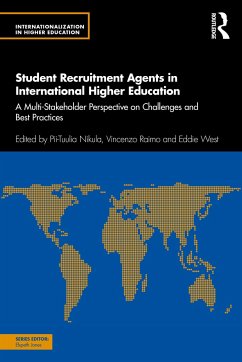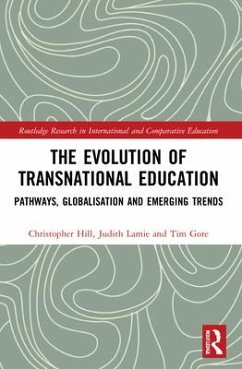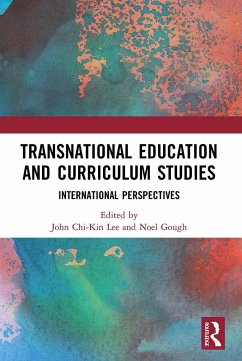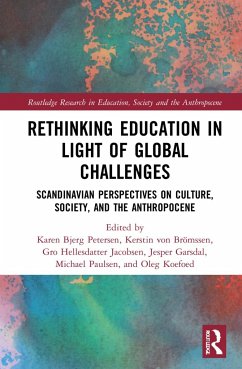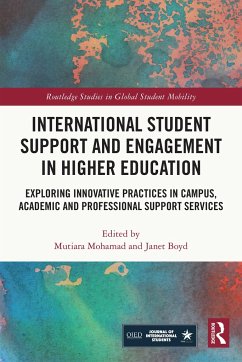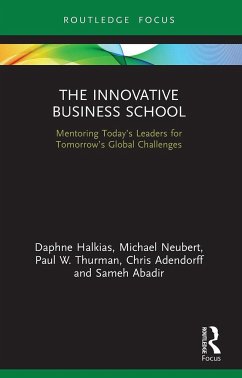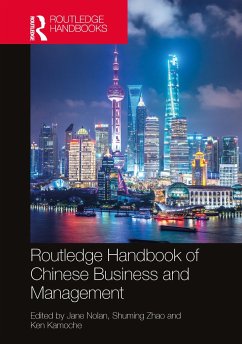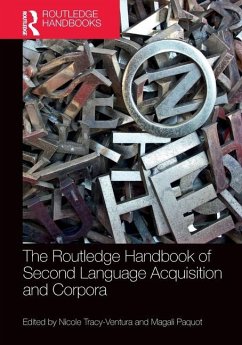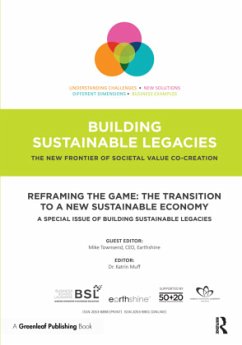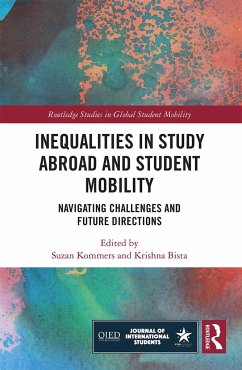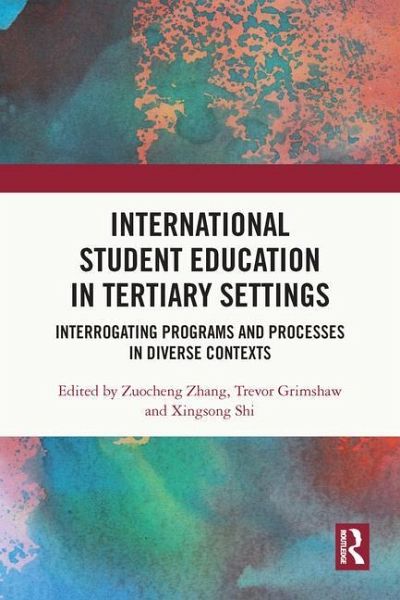
International Student Education in Tertiary Settings
Interrogating Programs and Processes in Diverse Contexts
Herausgegeben: Zhang, Zuocheng; Grimshaw, Trevor; Shi, Xingsong
Versandkostenfrei!
Versandfertig in 6-10 Tagen
43,99 €
inkl. MwSt.

PAYBACK Punkte
22 °P sammeln!
International Student Education in Tertiary Settings addresses key issues in international student education programme design and implementation. It maps contemporary theories and practices in international students' transcultural learning and engagement and showcases successful tertiary education programmes for international students in Australia, China, Japan, the USA and the UK.The book highlights the opportunities for engaging international students that are built into the various programmes, international students' strategies for coping with various challenges of engagement with their edu...
International Student Education in Tertiary Settings addresses key issues in international student education programme design and implementation. It maps contemporary theories and practices in international students' transcultural learning and engagement and showcases successful tertiary education programmes for international students in Australia, China, Japan, the USA and the UK.
The book highlights the opportunities for engaging international students that are built into the various programmes, international students' strategies for coping with various challenges of engagement with their educational programmes, and a range of factors that confound their engagement in academic and intercultural learning. The broad coverage of international education programmes in a variety of geographical, sociocultural and pedagogical settings enables the discussion about the complexity of contemporary international student education, shared challenges and productive ways of engaging international students in transcultural learning and the prospect of sustainable engagement.
The principles and insights into programme design and implementation to engage international students will be useful for researchers and practitioners in international student education, academics tasked with teaching international students in their class, and administrators responsible for managing and providing services to international students.
The book highlights the opportunities for engaging international students that are built into the various programmes, international students' strategies for coping with various challenges of engagement with their educational programmes, and a range of factors that confound their engagement in academic and intercultural learning. The broad coverage of international education programmes in a variety of geographical, sociocultural and pedagogical settings enables the discussion about the complexity of contemporary international student education, shared challenges and productive ways of engaging international students in transcultural learning and the prospect of sustainable engagement.
The principles and insights into programme design and implementation to engage international students will be useful for researchers and practitioners in international student education, academics tasked with teaching international students in their class, and administrators responsible for managing and providing services to international students.



